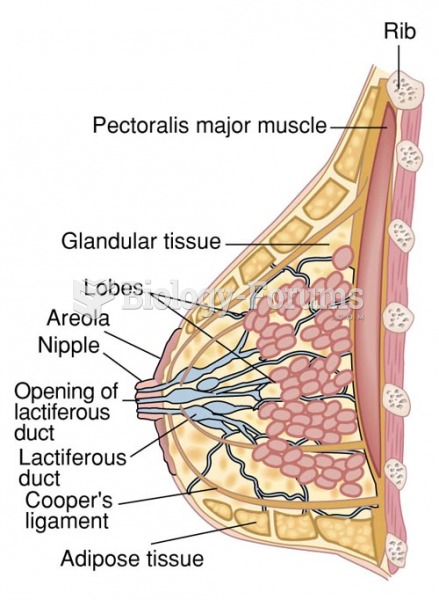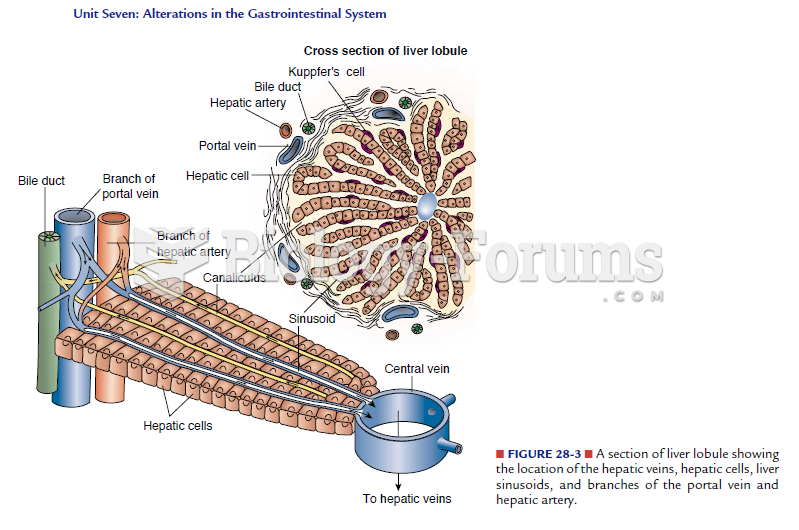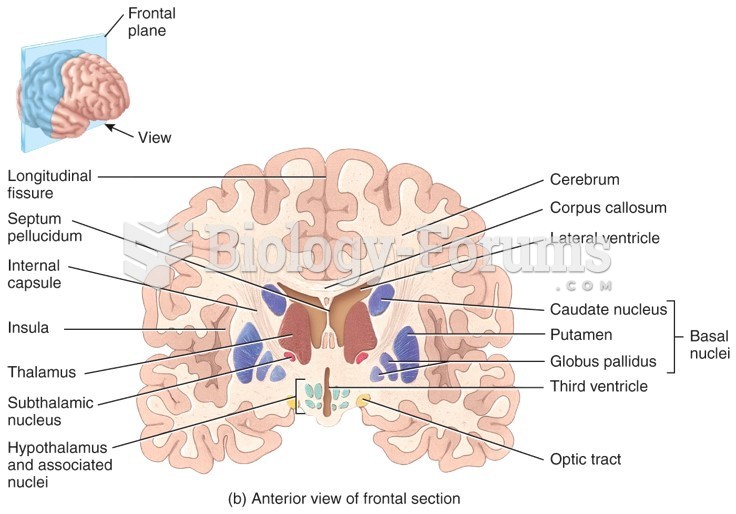|
|
|
For about 100 years, scientists thought that peptic ulcers were caused by stress, spicy food, and alcohol. Later, researchers added stomach acid to the list of causes and began treating ulcers with antacids. Now it is known that peptic ulcers are predominantly caused by Helicobacter pylori, a spiral-shaped bacterium that normally exist in the stomach.
There are approximately 3 million unintended pregnancies in the United States each year.
More than 4.4billion prescriptions were dispensed within the United States in 2016.
In most cases, kidneys can recover from almost complete loss of function, such as in acute kidney (renal) failure.
A headache when you wake up in the morning is indicative of sinusitis. Other symptoms of sinusitis can include fever, weakness, tiredness, a cough that may be more severe at night, and a runny nose or nasal congestion.







